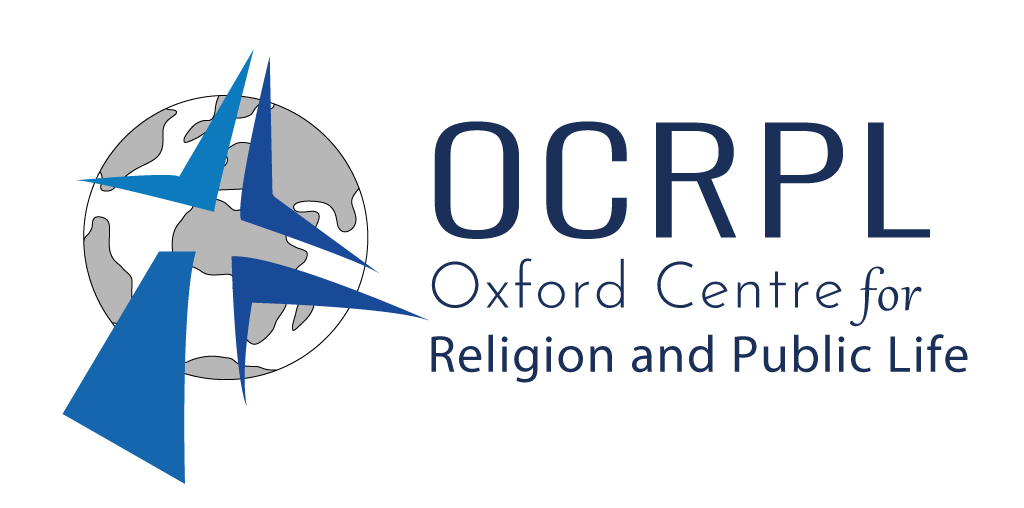The implementation of Article 8 in South Sudan’s Constitution is inconsistent. It stipulates the separation of religion and state and the equal treatment of all religions. Yet, the state provides special treatment to Islam by giving it funds for the building of Islamic schools and annual financial facilitation of pilgrimages to Mecca. Other religions do not get the same treatment, as stipulated in the Constitution. However, the political leaders providing special treatment to Islam are Christians who fought against the former Sudanese government for two decades for mixing Islamic religion with the state. This study aims at determining the reasons behind irregularities in the implementation of Article 8. It examines the roles that central value systems play in implementation discrepancies. The notion of a central value system is a new concept formulated in this study. It is a conservation value composed of conformity, security and tradition. The study employs the phenomenology of religion to explore religious and cultural value-orientations that influence the decision-making of policy implementers of constitutional provisions in South Sudan. The analysis shows that central value systems contribute to inconsistencies in the implementation of Article 8. Although politicians appear inconsistent by favouring one religion in violation of Article 8, they are consistent in their protection of power. This is what brings them together with Muslims who rarely condemn bad governance. The study further shows that whenever value clashes occur between religious values and values of governance, South Sudanese prioritise harmony at the local level. The same is missing at the national level. Religious leaders make use of the value of harmony at the local level to unite communities. However, they rarely succeed in doing the same at the national level. Generally, the study exhibits that central value systems protect values cherished by any group. They are conservation values that resist penetration from new values trying to change cherished values. In South Sudan, central value systems protect power value and harmony. Article 8 and the love for harmony indicate that South Sudan is a secular and non-liberal state (similar to Singapore). Theology in the context of South Sudan is thus a theology of harmony. Its base is the Trinitarian God, eschatological in orientation and secular in responsibility.



